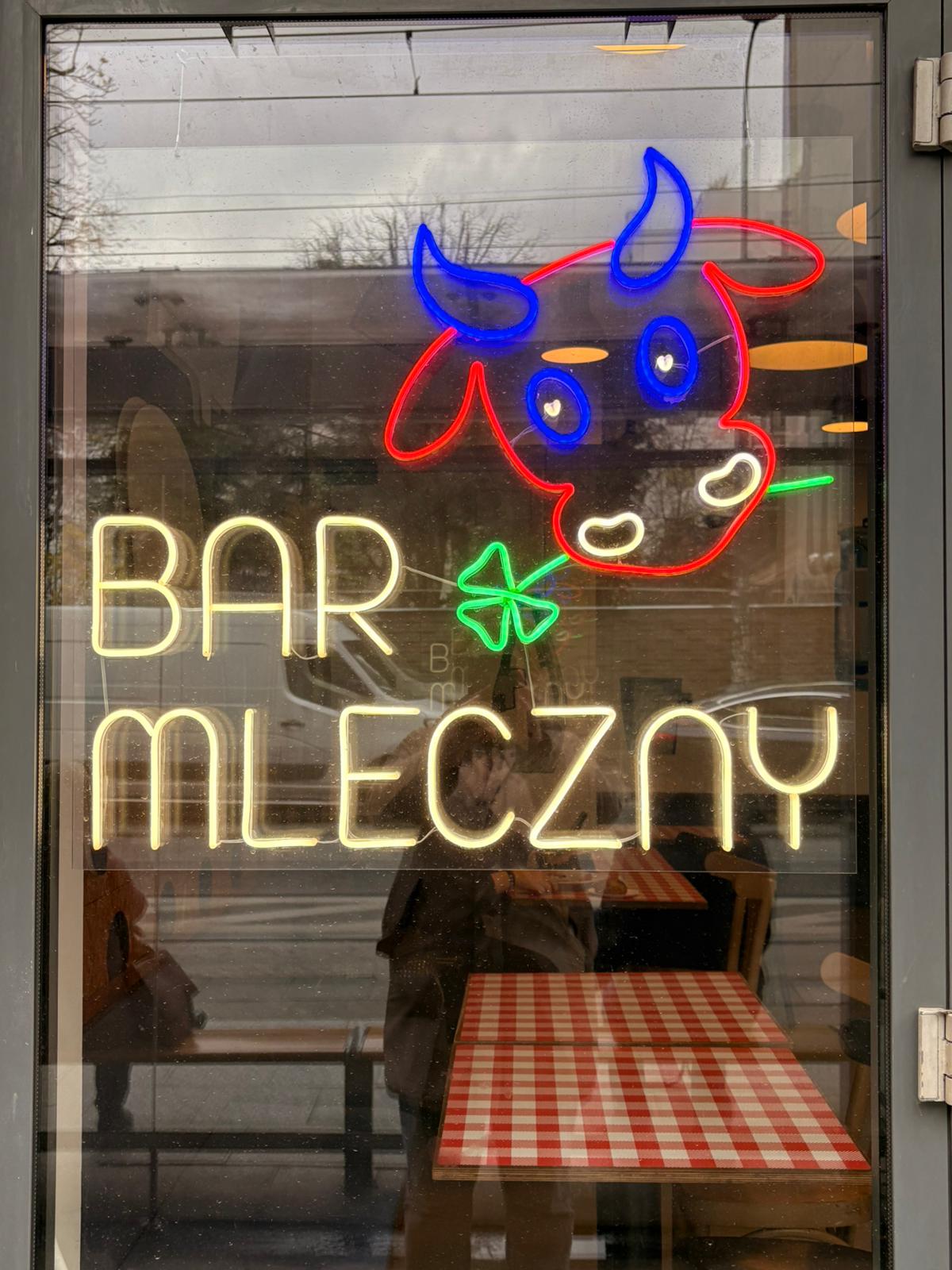
Culinary Offers Should be Rooted in Place
Culinary offers should always be rooted in a place—this is fundamental to regenerative tourism, which values local identity and authentic experience.
The Snobbery Challenge in Modern Food Tourism
Today's food tourism often fosters snobbery, with travellers planning trips to only the most awarded or globally hyped restaurants. As The Guardian noted in 2019, this trend puts pressure on chefs to cater to visitor expectations rather than their own traditions, risking the homogenization of culinary cultures and the dilution of what makes their place special. The challenge is real: restaurants can be pushed to put "what sells" above authenticity, sometimes losing sight of their roots as they try to balance integrity and economic realities.
Bourdain's Philosophy of Place-Based Cuisine
Anthony Bourdain, whose travels and storytelling inspired millions, consistently championed food that was deeply connected to its people, its place, and its culture. He believed that the most memorable meals were those that reflected local tradition, history, and everyday life, not just innovation or commercial appeal. Bourdain often urged travellers to skip the fancy hype and seek out humble establishments where "old ladies make the food," where dishes have been handed down for generations, and where you can taste real stories on every plate.
Warsaw Milk Bars: Immersive Local Experience
Warsaw's milk bars (bar mleczny) are deeply entwined with Poland's communist history and culture, serving as unique culinary landmarks offering far more than just affordable Polish food. Originally opened in 1896, long before the communist period. At that time, a farmer sold mainly agricultural, vegetarian products there, including milk. Hence the name 'milk bar'.

After the First World War, milk bars already gained great popularity and allowed ordinary people to have a cheap meal. However, the Polish communists took up this idea of a meatless and cheap diet for the population and opened many milk bars nationwide, and already existing ones were nationalized. In the 1980s, the system was even to be expanded, but the plans were not realized due to the state of emergency, lack of space and food.
Eating at a Warsaw milk bar is an immersive lesson in local history, resilience, and social solidarity. The atmosphere is intentionally unpretentious: simple décor, no-frills counter service, and modest prices. The everyday menu—pierogi, beet soup, potato cutlets, and cabbage stew—reflects not only classic Polish flavours but also the plant-forward strategies born of rationing and scarcity during communist times, when meat was a luxury reserved for holidays. Even today, milk bars remain state-subsidized, preserving their mission to serve affordable food to every social class, making them rare spaces of universalism in a polarized society.
For visitors, milk bars offer a rare chance to witness the endurance of "still-socialist" communal hospitality—egalitarian, pragmatic, and community-centred. The lessons you glean from eating here go beyond food.
Place-Based Values at the Top End: Michelin Star Example
Yet authenticity and rootedness can thrive even at the top end of the dining spectrum. Some Michelin Star restaurants hold fast to their place-based values. For instance, one of my favourite Green Star Michelin restaurants in Brussels—Humus & Hortense—yesterday won the Gault & Millau award for best vegetable menu, with produce always sourced from their partner bio-farmer in West Flanders. Together with other partners, they've created "Soilmates" – yes, literally referring to the soil that binds them. And by the way, when the farmer comes with his harvest to Brussels, he not only provides the restaurant, but also many other citizens. This empowering collaboration is strong and shows that even celebrated "star" restaurants can do business in a regenerative, locally grounded way.
Listen to the entrepreneurs themselves:
It's time for food destinations and travellers to take inspiration: seek out and support those places where culinary heritage and community genuinely thrive.
- ELKE DENS


